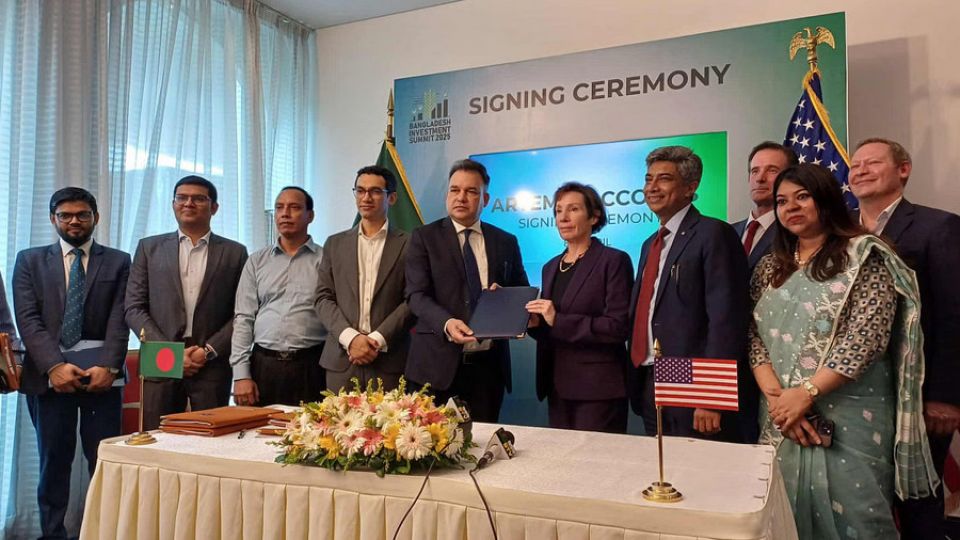Dhaka – In a move with long-term geopolitical implications, Bangladesh has officially joined the Artemis Accords, a U.S.-led international framework for civil space exploration. The signing, held in Dhaka on April 8 during the Bangladesh Investment Summit 2025, marks the South Asian nation’s entry into a rapidly evolving global space governance architecture—one increasingly shaped by U.S. strategic influence.
With this, Bangladesh becomes the 54th country to sign the accords, aligning itself with a bloc that includes major global players like the United States, Japan, India, and France. While the Artemis Accords are non-binding, their emphasis on transparency, peaceful use, and interoperability effectively delineates soft power spheres in space.
The accords are also a direct counterpoint to China’s growing space ambitions. Although not mentioned officially, the expanding list of signatories reflects the strategic divide in global space diplomacy. With the U.S. and allies deepening cooperation through shared legal norms and protocols, countries like Bangladesh are effectively choosing alignment in a geopolitical domain no longer purely scientific.
Janet Petro, Acting NASA Administrator, in a virtual statement, cited Bangladesh’s repeated global wins in NASA’s Space Apps Challenge as an example of the country’s latent scientific potential. “We have no doubt extraordinary scientists, engineers, and even astronauts will emerge from Bangladesh,” she said, framing the signature as both symbolic and forward-looking.
The presence of U.S. Chargé d’Affaires Tracey Ann Jacobson and her public endorsement emphasized Washington’s investment in cultivating space alliances in the Global South. “This is about shared prosperity and shared responsibility in space,” she said, gifting a space patch worn by astronaut Joseph Acaba to the Bangladeshi delegation—a gesture steeped in symbolism.
While some view the signing as ceremonial, officials within Bangladesh acknowledged the long-term stakes. “It may take 15 to 20 years to fully grasp the impact of this step,” said Chowdhury Ashik Mahmud Bin Harun, Executive Chairman of BIDA and BEZA. His remarks underscore how the move is less about current capability and more about strategic positioning.
The signing also signals growing inter-ministerial coherence in Dhaka’s foreign policy and technological vision. SPARRSO Chairman Md. Rashedul Islam reaffirmed Bangladesh’s commitment to peaceful use of space, while Defence Secretary Md. Ashraf Uddin highlighted that the accord provides practical guidelines for space governance—something increasingly crucial in an era where low Earth orbit is becoming diplomatically contested territory.
Critically, this entry into space diplomacy may open pathways for Bangladesh to access advanced research, industry investment, and capacity-building with partners like NASA—privileges unlikely under alternative global arrangements. It also reaffirms the country’s pivot toward institutional multilateralism under U.S.-backed norms at a time of growing global bifurcation.






